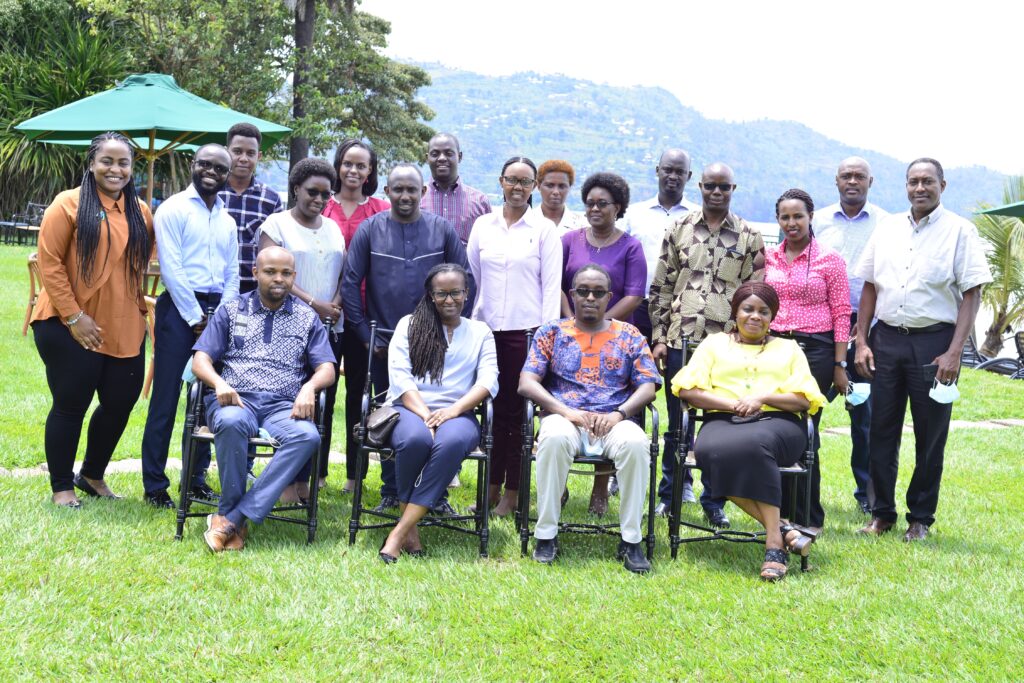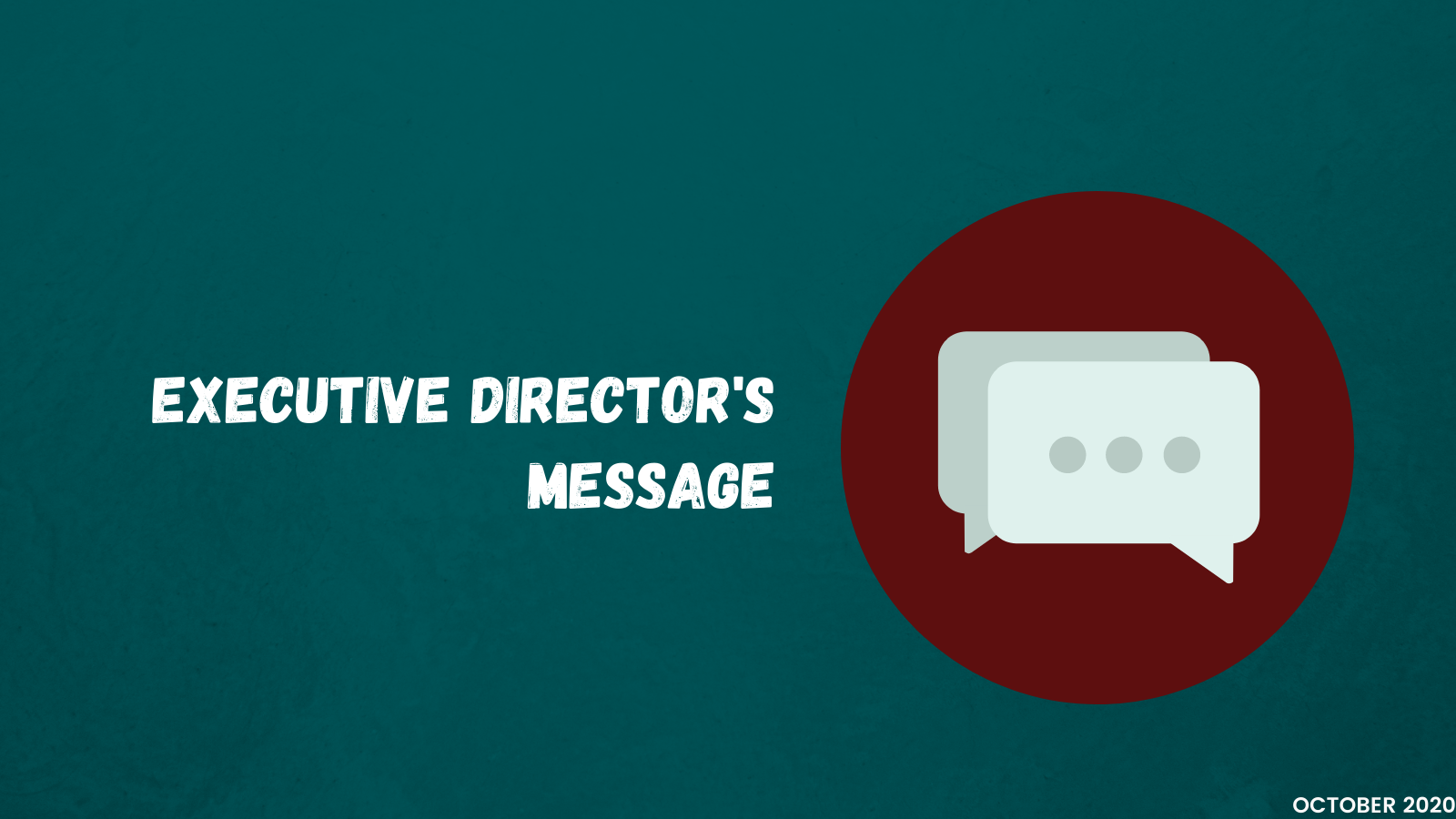‘If you want to go fast, go alone. If you want to go far, go together’ – African adage
And that’s how our year 3 kicked off – with partners (old and new).
We started with a virtual work planning session to review our program pillars, understand what went well in Year 2 and what we should improve and focus on going forward. With us were our core partners, the giants on whose shoulders we stand – Amref Health Africa and Results for Development. We are excited at the plans for the year ahead, walking side by side with these partners. My advice – don’t blink! You might miss something. 😊
Straight from our work planning, we were out and about. To formalize our brand new partnership signed in January before COVID-19 lockdowns, we travelled to Rwanda for the formal work planning session with Ministry of Health, University of Rwanda’s School of Public Health and Rwanda Social Security Board. At SPARC, we have an emotional connection to Rwanda – it was the very first country we visited as soon as we started country engagements (and of course, there’s the very small fact, that I spent two awesome years there!). Re-visiting, this time to co-create a Theory of Change (ToC) and Partnership Accountability Framework for strategic purchasing reforms brought back fond memories.
I learnt two very important lessons from the trip:
The need for technical partners and policymakers to collaborate. The ToC was very clear in identifying this as one of the key and initial areas of action that can lead to any sustainable result. This reinforces our discourse from this month – Technical and political stakeholders both need to be involved in strategic health purchasing reforms. We held a Twitter chat on this theme earlier in the month and learnt additional lessons on how this collaboration works. One of the key messages from that chat was that involving political decision-makers in strategic purchasing reforms early, creates buy-in, a sense of ownership, and encourages advocacy for funding of reforms. We saw this at work in Rwanda with the policy makers and technical teams alike, owning the solutions being co-created.

Lesson number two was on the leadership needed for reforms. On both days, we started early and ended late with the leadership of all institutions spearheading the charge. This showed their commitment to the partnership but more broadly and perhaps more significantly, their commitment to working together for the good of Rwanda.
We look forward to building on this important milestone in our partnership with Rwanda and documenting the process and lessons.
How did your month go? What are you learning about strategic purchasing that can support countries make better use of limited resources on their journeys to UHC? What work and/or discussions would you like to see us engage in? Drop a note and let us know. We always love hearing from you.
In the meantime, be sure to follow us on all our social media channels – Twitter, Facebook, Linkedin, Instagram. There’s always something interesting to see and read!
Stay safe and healthy,
Dr. Nkechi Olalere
Executive Director, SPARC

